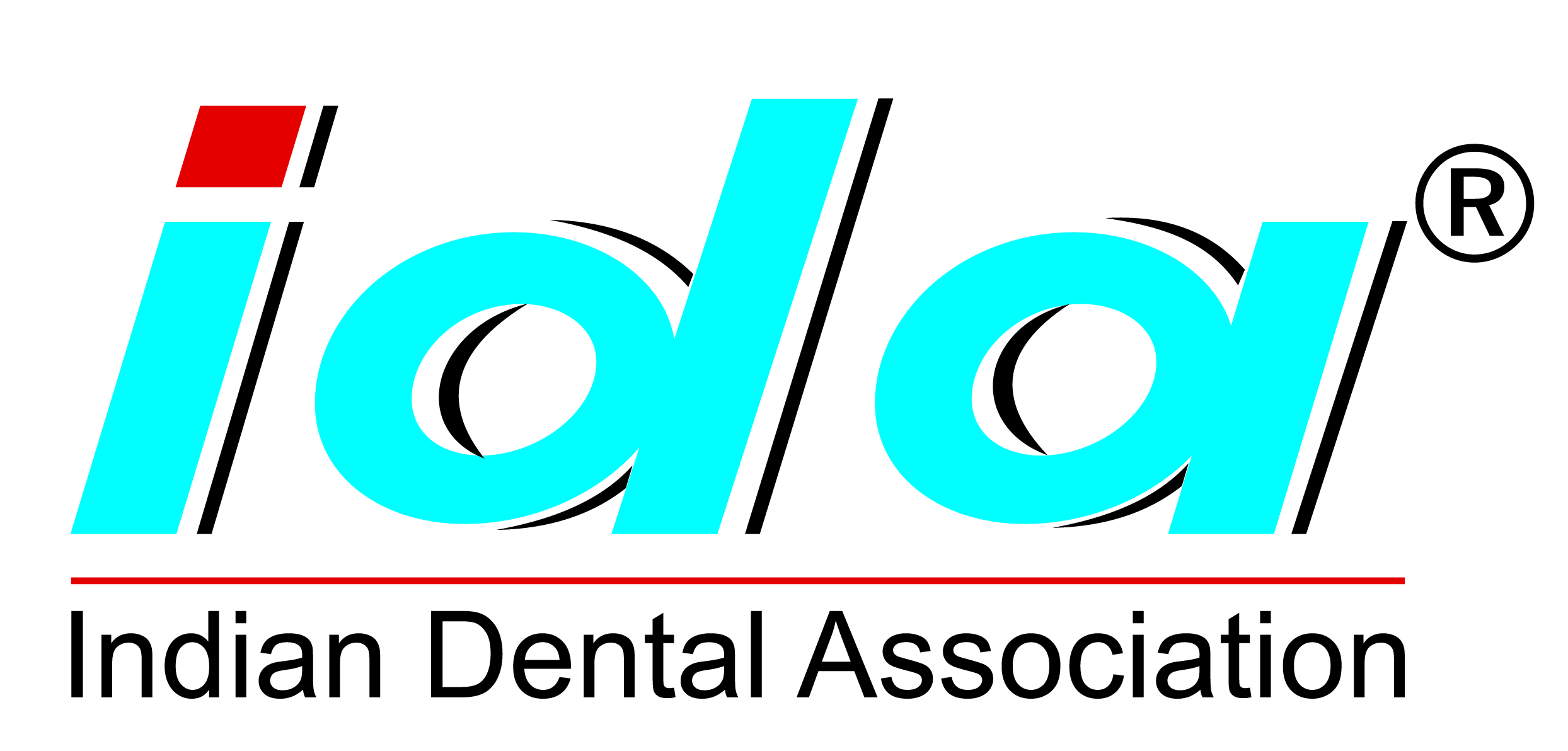IDA's Strategies for Community Oral Health
‘A well planned strategy is more effective than hit and miss activities’ to achieve
effective results.’ – IDA strongly believes in its ethos and thus has segregated
its community work into Ten Essential Public Health Services.
-
IDA acquires data on the present community oral health status and shares it with
other relevant organisations.
-
It judges the availability of oral health care services to the public with respect
to the capacity of the dental community to meet their needs.
-
The organisation identifies the oral health trends in the population by analysing
community data.
-
Segregation and review of data on national, state and regional level is the next
step before planning public ventures.
-
The available data is shared for community
health assessments.
-
The data is also integrated with other health data collections to facilitate efforts
conducted by other health care systems.
-
Thus, IDA has created a network of oral health professionals to receive and share
varied data.
-
IDA identifies the effects of oral health problems and environmental factors on
general health.
-
To start with, it tabulates trends in emerging oral health problems (eg. diabetes
mellitus, obesity, lack of dental insurance, decreasing number of dental professionals
participating in Medicaid, etc.)
-
For this it works with local public health agencies and suggests plans for emergencies.
-
The socio-economic conditions that affect the public oral health are identified.
The changes required are advocated by IDA.
-
IDA has access to laboratory expertise to monitor and report community and environmental
health status. (eg. Water plant operations, private well monitoring.)
-
Relevant data if shared with other public health organisations helps to understand
and improve issues affecting public health.
-
Sensing the need IDA shares the available data and conducts health-promoting activities
to promote awareness on importance of oral health.
-
It mobilises communities to advocate for policies and activities that improve their
oral health.
- To reach a wider spectrum of audience IDA involves media to participate in its ventures.
-
IDA organises programmes that involves public volunteers to identify, and solve
the public health problems. The factor assists in its achieving oral health goals.
-
On identifying the core problem areas IDA partners with governmental or non- governmental
organisations to develop strategies to address the oral health issues.
-
It has and will support organisations willing to participate in community health
programmes.
-
Sometimes the public is categorised as per their needs such as immediate, over a
time, long- term and preventive oral health remedies. (eg. those with developmental
disabilities, senior citizens, etc. )
-
The organisation involves volunteers from diverse sections of society to promote
its community oral health programmes.
-
IDA prides in contributing in development of local, state and national level policies
and practices (fluoridation, tobacco policies, school health programmes, etc.)
-
It has shared its oral health expertise with various social and environmental public
health programmes.
-
The institution has developed and promoted its unique vision, mission and guiding
principles to highlight the community oral health needs.
-
To materialise the vision, mission and principles for community oral health programmes
it invites volunteers from general public.
-
Laws, ordinances, regulations and policies that affect oral health are to monitored
frequently. IDA ensures their enforcement in maintenance and their implementation
in the community (eg. Medicaid / early and periodic screening, Diagnosis and Treatment
requirements, Fluoridation laws, etc.)
-
It also analyses the existing laws, regulations and policies related to public oral
health.
-
It informs policymakers in presence of any gaps in them (eg. Adult Medicaid oral
services)
-
Thus, it has created awareness about the purpose, meaning and benefits of public
health laws, regulations and policies in public and relevant organisations.
-
IDA leads or lends support to comprehensive services that cover prevention, diagnosis
and treatments of oral health.
-
It shares partnerships with diverse communities to meet oral health treatment needs
(eg. individuals with special health care needs, families homeless, etc.)
-
It has and continues to work in tandem with communities to identify and establish
programmes that promote preventive services.
-
Thus, it has proved to be an appropriate guide for public in need of oral health
services.
-
IDA has worked diligently to check the appropriateness of the oral health programmes
at local, regional or state level.
-
It has and continues to create competitive recruitment, training and development
of community oral health director.
-
It assesses the community oral health programme staff periodically and provides
training, education and development activities to increase their competence level.
-
It contributes towards public health curriculum by developing partnerships with
universities and academies.
-
It shares educational experiences in community oral health with the future oral
health professionals.
-
It has and will recruit, train, develop and promote culturally diverse oral health
professionals to cater to diverse public societies.
-
Under IDA banner dental
professionals are encouraged to implement effective oral health measures in their
respective practices.
-
To promote the need for preventive services in the community
it has been an ideal association.
-
It provides training and resources to dental professionals and enables them to provide
competent oral health services.
-
It identifies and provides strategies to meet the demand for dental professionals
at public and private platforms.
-
IDA has thus identified the barriers to provide oral health services and provides
effective measures for the same (eg. Transportation, finance, health literacy, language)
etc.
-
Goals are necessary for any community oral health programmes. IDA is involved in
the continuous identification and evaluation of their progress at regular intervals.
-
The knowledge obtained by the organisation is further utilised to improve performance
and results.
-
IDA reviews the effectiveness of oral health interventions through other health
professionals and agencies.
- IDA research projects form the basis and reference for its future plans.
-
The studies are being further extended to reflect the effects of oral health on
general health of the public.





